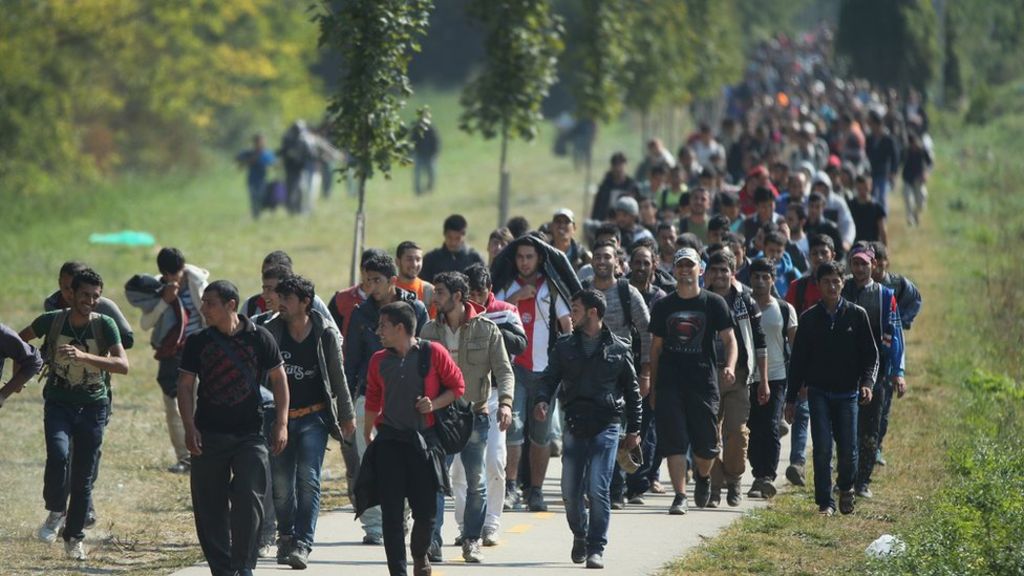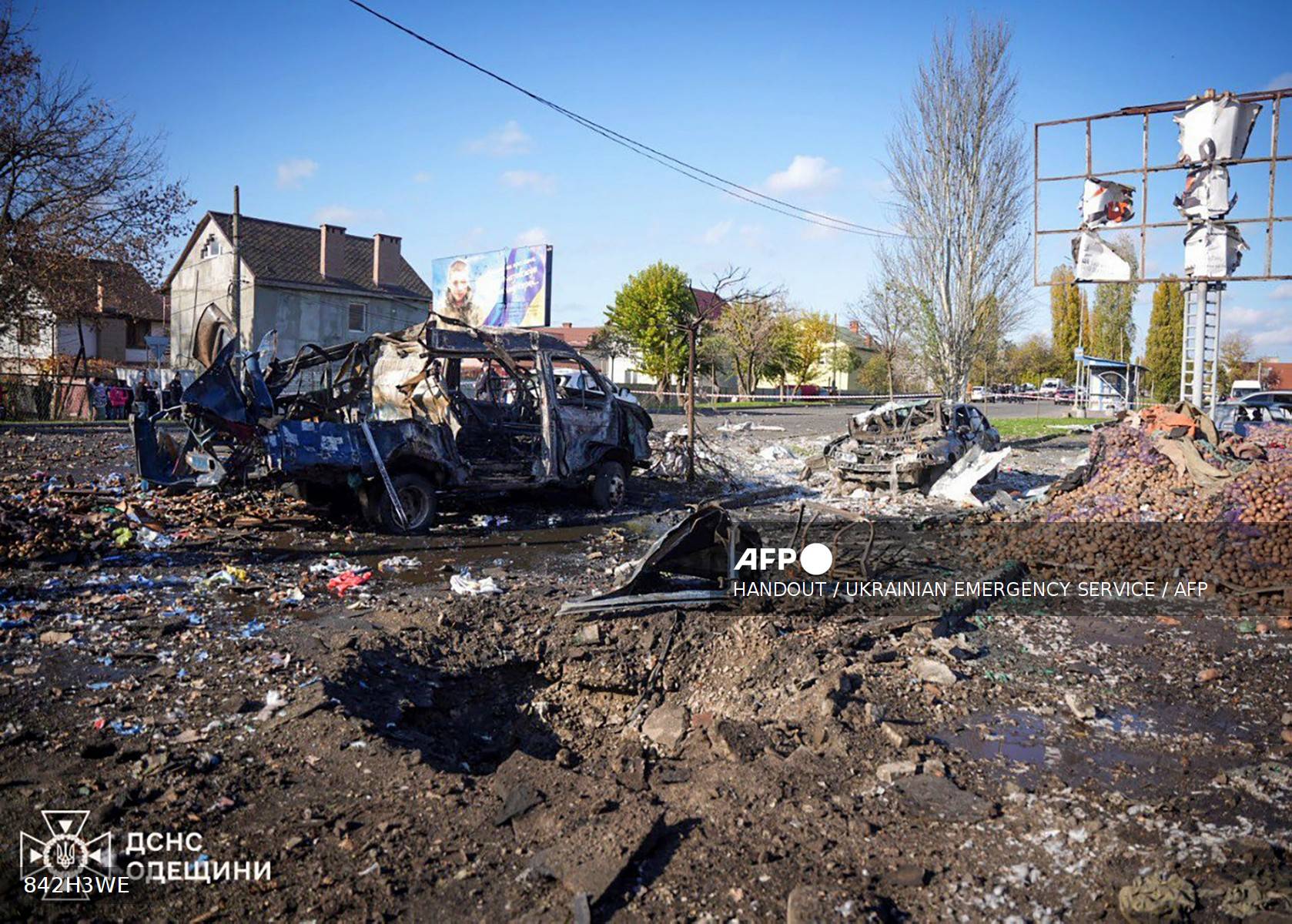
With its ruling, the European Court of Justice upheld the EU’s controversial Dublin rule, whereby would-be refugees must file for asylum in the first bloc member-state they enter.
In 2015 more than 850,000 people — most of them fleeing conflict in war-ravaged Syria, Iraq and Afghanistan — crossed the so-called Balkan route to reach mainly Germany after it opened its doors to asylum seekers.
A group of asylum seekers filed a lawsuit arguing that the 2015 migration crisis had created exceptional circumstances, in effect suspending Dublin rules.
Croatian authorities had bussed the asylum seekers, who originally arrived from non-EU Serbia, to the border with Slovenia so they could make applications in other member states.
Activists hoped the European Union court would uphold the asylum seekers’ arguments, and thereby force a change to the highly contested Dublin rules that critics see as an unfair burden on southern and poorer EU nations such as Greece, Italy and Croatia.
But the court backed Austria and Slovenia’s decision to send the asylum seekers back to Croatia, finding that “such a conclusion would be incompatible with the Dublin regulation,” a statement announcing the decision said.
Thus, “a member state which has decided on humanitarian grounds to authorise the entry on its territory of a non-EU national who does not have a visa… cannot be absolved of that responsiblity,” it said.
Germany’s initial decision to waive the so-called Dublin rules drew sharp criticism from EU partners who feared the migrant wave into Europe.
The asylum rule is currently suspended for Greece, which together with Italy has been the main point of entry for the more than one million migrants who have entered the bloc since 2015 fleeing war and poverty in the Middle East and Africa.






